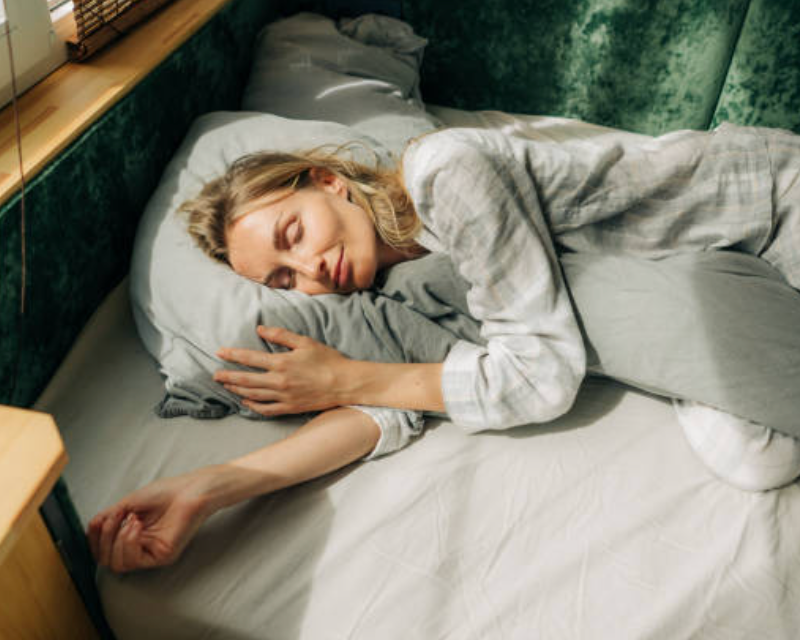The Nightcap Paradox: How Alcohol Disturbs Your Sleep

Many people enjoy a glass of wine or a pint of beer before bed, believing it helps them relax and drift off to sleep more easily. While it's true that alcohol can hasten the onset of sleep, the quality of this sleep is often significantly compromised.
The relationship between alcohol and sleep is complex and understanding it can be crucial for maintaining both good sleep hygiene and overall health.
Here's a deep dive into how alcohol affects your sleep and what you can do to minimise its impact.
Alcohol's Immediate Impact on Sleep
Initially, alcohol acts as a sedative. It increases the production of adenosine, a sleep-inducing chemical in the brain, which can help you fall asleep faster. This might give the impression that alcohol is a helpful sleep aid. However, this is where the benefits end and the drawbacks begin.
Disruption of Sleep Cycles
As the night progresses, the sedative effects of alcohol wear off, and its sleep-disrupting qualities take over. Alcohol consumption, especially in excessive amounts, can reduce rapid eye movement (REM) sleep, which is considered the most restorative phase of the sleep cycle. Disturbing REM sleep can lead to drowsiness and poor concentration the next day. Over time, consistently reducing REM sleep can have detrimental effects on cognitive function, memory, and emotional health.
Increased Wakefulness and Bathroom Trips
As the body metabolises alcohol, it shifts into a state of arousal. This metabolic process can increase the number of times you wake up during the night, even if you're not consciously aware of these awakenings. Additionally, alcohol is a diuretic, meaning it encourages the body to lose extra fluid through urination. Frequent trips to the bathroom can further disrupt sleep.
Aggravation of Breathing Problems
Alcohol relaxes the muscles of the throat, increasing the risk of snoring and sleep apnea—a condition characterised by pauses in breathing during sleep. For individuals already suffering from sleep apnea, alcohol can exacerbate the severity of their symptoms, leading to even more fragmented sleep.
Long-term Effects on Sleep Architecture
Regular alcohol consumption before bedtime can alter the natural architecture of your sleep cycles. Over time, individuals may find it increasingly difficult to fall asleep without alcohol, leading to a dependence that can exacerbate sleep difficulties and contribute to a cycle of sleep disturbances and daytime fatigue.
Minimising Alcohol's Impact on Sleep
If you choose to drink, consider the following tips to minimise alcohol's impact on your sleep:
- Limit Consumption: Stick to moderate drinking guidelines, typically defined as up to one drink per day for women and up to two drinks per day for men.
- Timing Matters: Avoid alcohol at least 3-4 hours before bedtime to give your body time to metabolise it.
- Hydrate: Drink plenty of water alongside alcoholic beverages to counteract their dehydrating effects.
- Create a Sleep-Conducive Environment: Ensure your bedroom is quiet, dark, and cool to encourage better sleep quality.
Conclusion
While the immediate sedative effect of alcohol might seem beneficial for sleep, its overall impact is detrimental, disrupting the sleep cycle, diminishing sleep quality, and potentially leading to long-term sleep issues. Understanding the complex relationship between alcohol and sleep is the first step toward making informed decisions about consumption and ensuring restful, restorative slumber.


